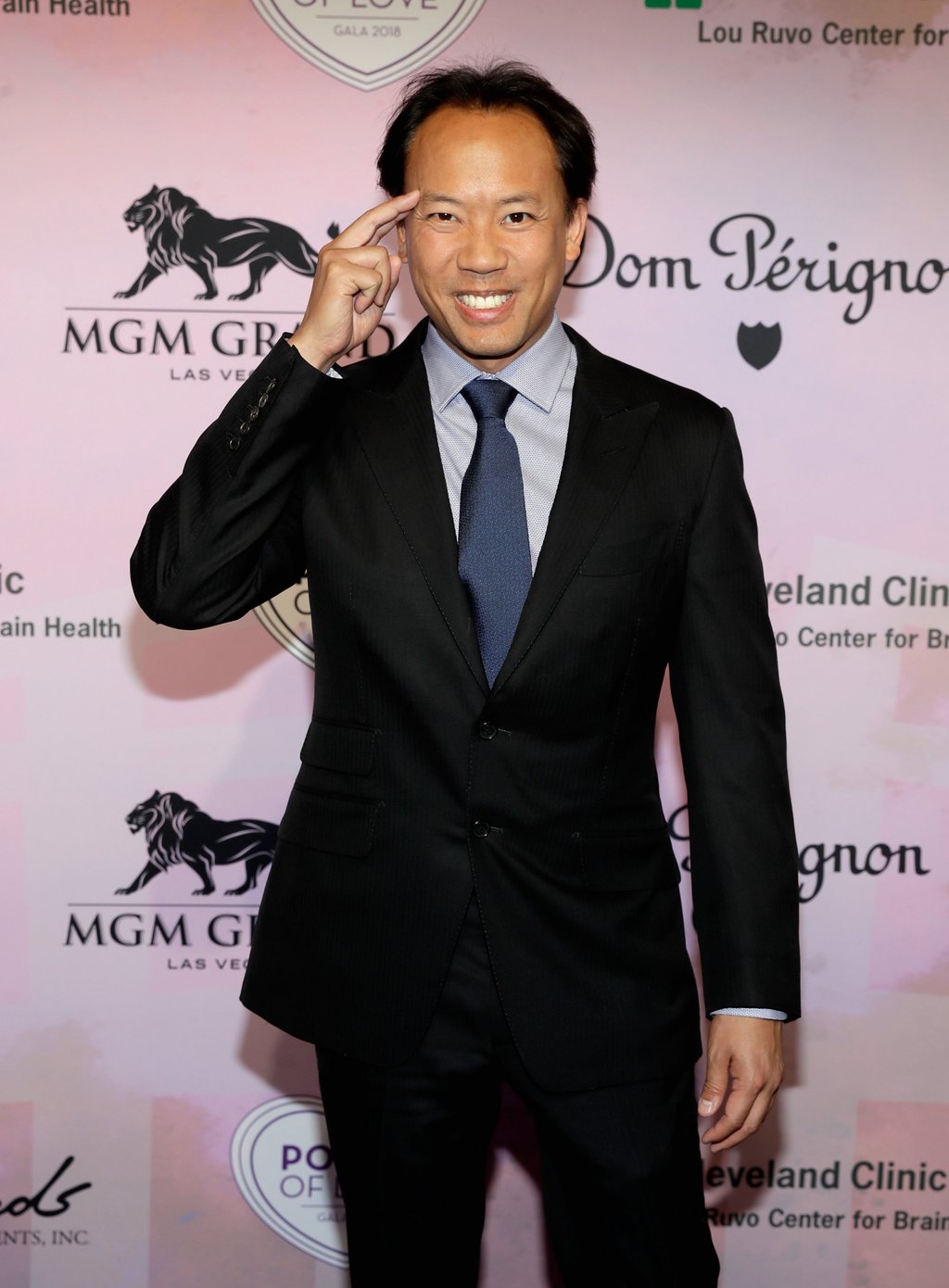He’s worked with Jim Carrey, Bill Clinton and other celebs – ‘brain coach’ Jim Kwik on how to fix yours and combat ‘digital dementia’
- Kwik has taught Richard Branson and Hollywood stars, and says over-reliance on technology and information overload pose risks to brainpower and mental health
- The brain coach says attaching emotions and actions to knowledge preserves it. His online course teaches skills intended to help in an ever more digitised world

He’s taught at American universities Harvard and Caltech, published a New York Times bestseller, coached the likes of former United States president Bill Clinton and British entrepreneur Richard Branson, and addressed crowds at Google and the United Nations. Jim Kwik is the world’s most famous “brain coach”, helping people learn faster and better.
We are in the green room of personal development conference Mindvalley Live Dubai for a short interview with him, and we race through topics ranging from personal trauma to family inspiration to institutional roadblocks to digital distraction, celebrity anecdotes and the rise of self-help superstars – thus challenging the conventions of normal conversation, but never his brain power.
Kwik suffered a childhood head injury that stunted his ability to learn, until he began exploring ways to retrain his own brain. He eventually penned the 2020 book Limitless, about overcoming self- and externally perceived limitations.
“Our focus in terms of systems is on brain optimisation and learning strategies, and those are things that are very seldom taught in school,” he says.

“It took me an extra few years to learn how to read and focus and remember. And because I had those challenges, that adversity became an advantage when I started to focus on, how can I fix my brain? Then I started asking questions and pursuing mentors and reading books around neuroscience, adult learning theory, multiple intelligence theory.”